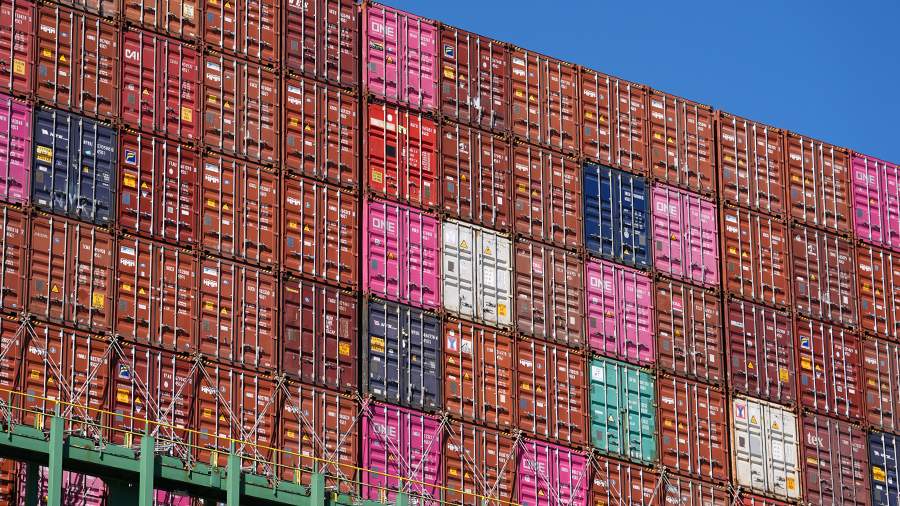The CEO of the REC pointed to the positive impact of Trump's duties on Russia

The duties imposed by US President Donald Trump have worked positively for Russia and its economy in many ways. Veronika Nikishina, General Director of the Russian Export Center (REC), announced this on June 19 in an interview with Izvestia on the sidelines of SPIEF 2025.
"The actions of the Trump administration are aimed at globally changing the trade chains that were created earlier. And we see that this cannot be done quickly and unilaterally. There is simply a loss of competition from other countries that used to be partners of the United States," she believes.
Nikishina explained that due to Trump's tariffs, many European manufacturers began to lose their competitiveness significantly. At the same time, Russia was practically not affected by tariffs due to the fact that trade with the American side in the Russian Federation is almost non-existent due to sanctions. As a result, trade relations in the world began to collapse, and now Russia can occupy the vacant niches.
According to the Director General of the REC, Trump's introduction of duties will bring changes to the state of world trade that existed before. Due to innovations on the part of the United States, the entire world trade began to fall, and the cost of conducting foreign economic operations is now becoming more expensive for other countries, not just for Russia, which is subject to sanctions. All this has led to new opportunities for the Russian Federation.
"One of the reasons why we can talk about opening up new opportunities, despite the severity of the economic sanctions we are under, is a sharp decline in the competitiveness of European companies. On the other hand, we see opportunities for us, as a resource—intensive economy, to be more competitive on world markets compared to countries that are much more energy dependent than we are," Nikishina said.
In addition, the trade war between the United States and China significantly affects the situation. It is noted that it will lead to restrictions on imports of Sino-American goods, which, in turn, will force China to move to other markets, for example, the Russian one. As a result, goods that are needed in Russia, but which China has been reluctant to trade due to sanctions, will become more affordable.
In addition, due to the duties of the American leader, countries have experienced a crisis of confidence in globalization. Nikishina pointed out that many states have begun to strive for greater technological sovereignty in order to get away from monopoly dependence.
"This encourages the diversification of cooperation with other countries, for example, with Russia, which is a very good alternative for many technological solutions for countries. We have many projects with artificial intelligence, digitalization, and the development of other areas of technological breakthroughs: drones, medical technology. There are many opportunities for us here," Nikishina summed up.
On April 2, Trump announced large-scale measures: base tariffs of 10% are being introduced for all products supplied to the United States. For Europe, this figure has been increased to 20%, and for China — to 34%. In his speech, the president called April 2 the day when Americans will become rich again. Then Trump threatened to impose import duties of 50% on the European Union due to the lack of progress. However, he later postponed the entry into force of this decision.
Переведено сервисом «Яндекс Переводчик»

